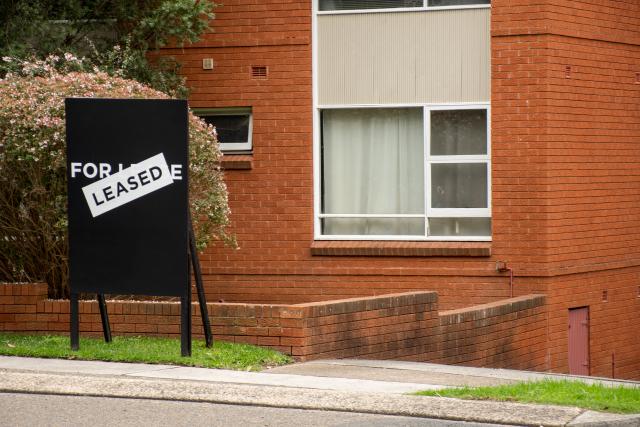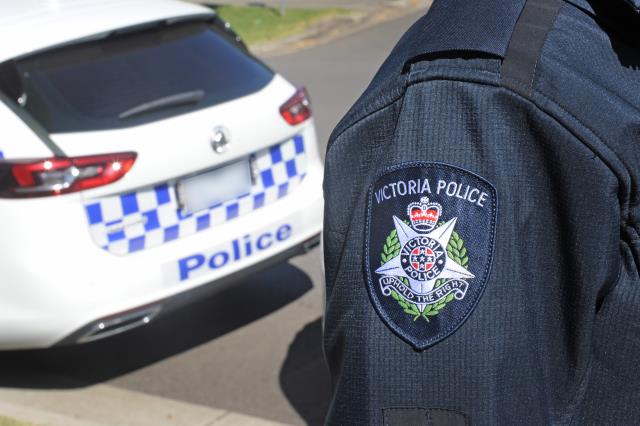Housing stress continues to torment Casey residents, according to new data.
Data collected by Digital Finance Analytics (DFA) Principal Martin North reports 76.5 per cent of renters are in rental stress as of February 2023.
This shocking number comes as no surprise as rental property prices boom, with two bedroom homes in Clyde going for up to $500 per week, and family four-bedroom homes in Cranbourne reaching up to $900 per week.
A Facebook post asking locals about their housing situation exploded with tenants and landlords alike divulging their grievances.
“Our real estate has just increased our rent $130 per calendar month,” local resident Sabrina Rogers said.
“[I] realised Cranbourne is getting too expensive and we won’t be able to afford to live here much longer.”
“The only place you will find less than $380 per week is the streets,” local woman Meryem Rustemi said.
“We were paying $400 per week and just moved out, and [the agents] have put [our house] on the market for $550 per week,” Botanic Ridge local Ashleigh Bradshaw said.
“Rent in my estate in Clyde North is $550-$680 per week, yet the area doesn’t even have any reception at all, the schools are overfilled and the streets are jammed with traffic,” said resident Elizabeth Cook.
Rental increases are causing immense grief for tenants, especially those who have to front the additional costs while issues with their houses are ongoing.
“My rent went from $400 per week to $440,” local woman Jodie Cupiid said.
“We have no blinds, our ensuite was leaking causing mould and mushrooms to grow in the master bedroom, which caused me to get sick.
“We turned the heater on and it sparked a fire and shut down.
“We have kept the property clean and tidy and never ask for [the landlord] to fix small things, my hubby does that.
“Our toilet is faulty, our taps in the bathroom don’t turn off properly and the faulty heater hasn’t been removed either.
“We are working flat out now to buy our own little place.”
Ms Cupiid isn’t the only one facing the challenge of getting maintenance issues fixed.
The difficulty in getting simple and necessary maintenance around rental properties done seems an incessant issue.
“We didn’t ask our landlord to fix a lot of things, we did it ourselves and now rent is going up $100 per fortnight,” said Richard Hawkins.
“When we moved into our rental there was a trove of maintenance issues that we were told would be fixed immediately,” a local renter said.
“Almost a year later and we are still waiting, even though we have told the agent about it plenty of times.
“We have fixed what we can, but some things need professionals, which we shouldn’t have to pay for.
“We spend half our income on our house, we expect the landlords to keep things working.”
Being a homeowner isn’t smooth sailing either, local landlords say.
“Mortgages aren’t cheap. Everything is getting ridiculous, everywhere,” said local Olly Leo.
“Everything associated with being a landlord has increased,” one landlord said.
“Not to mention most tenants want a mega mansion for ¼ of the price of mortgage repayments and can’t even do anything for themselves like put a door handle back on,” landlord Sarah Eccles said.
DFA data reports 35.7 per cent of borrowers in mortgage stress, and 48.2 per cent of households in financial stress.
These figures are supported by further data which shows that rental payments make up 34.2 per cent of local renters’ monthly disposable income, while mortgage repayments take a whopping 41.3 per cent.
According to the Australian Housing and Urban Research Institute, households are in housing affordability stress “when the household is paying more than 30 per cent of its income in housing costs”.
“Landlords pay all the agent fees, insurance, rates, etc, not to mention the out of pocket costs for safety checks, repairs and whatever the mortgage is,” Ms Eccles said.
Other residents have argued that the risks and costs associated with being a landlord shouldn’t affect the tenants.
“I’m a landlord of several properties and I made sure I could afford what I buy,” said Jessica Davis.
“I don’t expect my tenants to flip the bill when I can’t afford it. That’s just being a parasite.”
Unsurprisingly, members of the community who experience the least amount of housing-related stress are investors who have paid off their properties, with a housing stress percentage of 24 per cent, less than one third the percentage of renters.
While landlords confront the hoards of unhappy tenants, they continue to raise the paradoxical problem: that without landlords, there are no houses for tenants.
“If there were no investors buying rental properties there would be no housing,” said Val Aarts.
“We’re $1000 out of pocket as landlords since the rate hikes but haven’t increased the rent,” said local landlord Jacky Johnson.
“But without landlords where are the renters supposed to live?”







